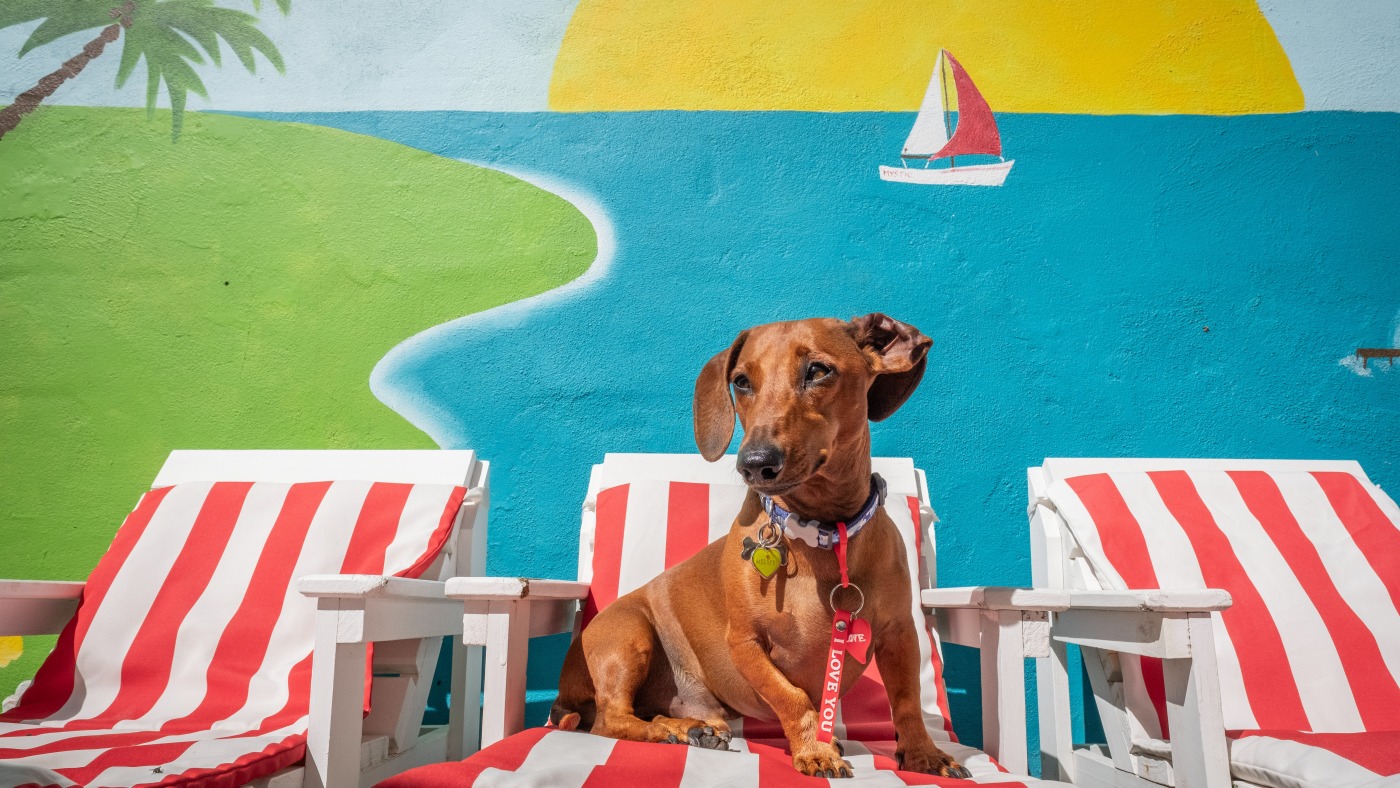The Paradox of Luxury Dog Hotels in South Africa
Introduction
In Cape Town, South Africa, an unexpected industry thrives—luxury dog hotels. These establishments cater to pampered pets with services that rival five-star human resorts: custom sun loungers, plunge pools, and even gemstone therapy. Yet, their existence in a nation marked by extreme poverty and inequality sparks a heated debate. How can a country where millions struggle for basic survival justify lavish accommodations for pets? This paradox forces us to examine deeper questions about wealth, ethics, and societal priorities.
The Extravagance of Canine Luxury
A World of Indulgence
Luxury dog hotels like *SuperWoof* and *AtFrits* redefine pet care. For 535 rand ($35) a day—more than a third of South Africa’s monthly poverty line—dogs enjoy presidential suites, reiki sessions, and skydeck pools. Staff members toss balls into shallow plunge pools, while Bob Marley tunes play in the background. The contrast is jarring: in a nation where 890 rand a month defines the poverty threshold, some pets live better than millions of people.
The Market Behind the Luxury
The demand for high-end pet care reflects shifting attitudes. For affluent pet owners, dogs are family, deserving the same comforts as humans. This mindset fuels a booming industry, where bespoke services—from organic meals to canine massages—are no longer frivolous but expected. The pandemic briefly slowed demand, but as life normalizes, luxury pet hotels are rebounding, signaling sustained interest in premium pet care.
The Ethical Dilemma
Wealth Amidst Poverty
South Africa’s inequality is among the world’s worst. Opposite *SuperWoof*, a night shelter houses Cape Town’s homeless—a visual metaphor for the nation’s divide. Critics argue that spending on pet luxury while people lack housing, healthcare, and food is morally indefensible. The money poured into dog spas could fund schools, clinics, or job programs, raising questions about misplaced priorities.
A Question of Priorities
Is it fair to judge how the wealthy spend their money? Some argue that pet care is a personal choice, unrelated to broader societal issues. Yet, in a country where unemployment exceeds 30%, the optics are damning. The debate isn’t just about dogs—it’s about what kind of society South Africa wants to be. Should excess be celebrated when so many suffer?
The Counterarguments
Economic Benefits
Proponents highlight the industry’s economic upside. Luxury pet hotels create jobs—groomers, trainers, and hospitality staff—contributing to local economies. The sector’s growth signals a market responding to demand, a hallmark of capitalism. In a struggling economy, any thriving industry is valuable, even if it caters to the elite.
A Reflection of Changing Values
The rise of luxury pet care mirrors global trends. Pets are no longer just animals; they’re companions with emotional value. For those who can afford it, spending on pets is no different than spending on art, travel, or fine dining. The issue, then, isn’t the industry itself but the systemic inequality that allows such disparities to exist.
The Bigger Picture
A Nation of Contrasts
South Africa’s pet care industry is a microcosm of its broader struggles. While some dogs enjoy spa days, countless strays roam streets, and many pets face neglect. The luxury market exists alongside a crisis of animal welfare, mirroring the human experience—extreme wealth beside crushing poverty.
Can There Be Balance?
The challenge isn’t shutting down luxury dog hotels but addressing the root causes of inequality. Could these businesses contribute more? Imagine partnerships where a percentage of profits funds shelters or veterinary care for low-income communities. The industry’s success could be leveraged for broader social good, turning a symbol of excess into a force for change.
Conclusion: A Mirror to Society
Luxury dog hotels don’t cause South Africa’s inequality—they expose it. Their existence forces uncomfortable questions: Who deserves comfort? How should wealth be used? The real issue isn’t pampered pets but a system that permits such extremes. Until poverty is addressed, these hotels will remain a flashpoint—a reminder that in a divided nation, even the way we treat our pets reflects deeper fractures. The path forward isn’t about shaming indulgence but demanding equity, where prosperity isn’t a privilege for the few—human or canine.











